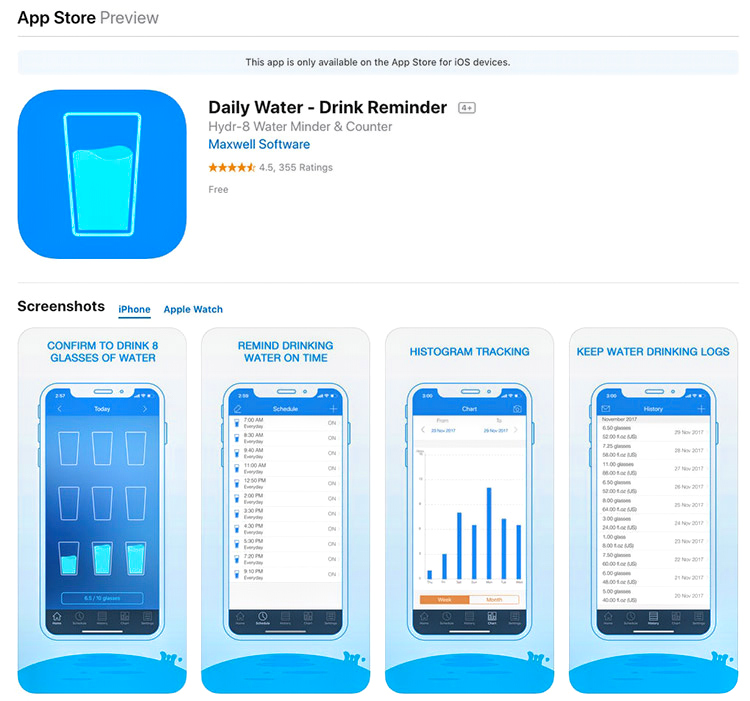Good Gum Care Matters
Your gums play a pivotal role in protecting your teeth from harm. Healthy gums support healthy teeth and mouth. When the gums are compromised by various Periodontal conditions and diseases, trauma and injury through simple neglect or even oral manifestations of systemic health, oral health suffers. In other words, your gums could be thought of as the proverbial canary in the coal mine.
Your gums are the soft tissues that cover the upper and lower jaw bones in your mouth. They surround your teeth, help support them, and most importantly, form a tight seal around your teeth.
Whereas the hard enamel of the tooth itself is designed to protect the exposed tooth crown and to provide a resilient structure for chewing, the gums are intended to protect the roots by keeping out debris and bacteria. While resistant to everyday chewing actions, they are, however, susceptible to repeated trauma. Particularly problematic is the issue of toothbrush abrasion injuries caused by excessive and aggressive tooth brushing habits, resulting in damage to the gums that often manifest in the form of gingival recession.
Signs of Good Gum Condition
Uniform coral pink color
Visible contouring
Smooth curved or scalloped appearance around each tooth
Surface stippling
Variable degrees
No bleeding from routine brushing and flossing

When gums are neglected or are affected by disease conditions either oral or systemic in origin, many severe dental and oral health issues can arise. Chief among these is commonly referred to as “gum disease,” also known as gingivitis and periodontitis.
Gingivitis vs. Periodontitis
Gingivitis is an inflammatory bacterial disease that affects the gums and results in inflammation, bleeding and increase in pockets around teeth. It is a mild form of periodontal disease. The primary cause is accumulating plaque at the gum margins and therefore is in most cases a reversible condition through better home oral care and regular professional dental hygiene practices.
Periodontitis is a more severe form of gum disease. It is a highly destructive chronic inflammatory disease in the gums that begin as gingivitis and progress to affect the remaining supporting structures of the teeth, notably the ligaments and bone that function in stabilizing teeth in the jaw bone.
Patients with periodontitis develop deep periodontal pockets that bleed readily. These occur when, due to inflammation caused by plaque buildup along the gum line, the gums become detached from the bone and teeth. Food debris and bacteria grow and proliferate in these pockets as home self-care methods of oral hygiene practices such as brushing and flossing are ineffective in these deep pockets.
As gum disease progresses, toxic bacterial waste products coupled with your body's immune response eventually take their toll on surrounding tissues. The hallmark of periodontitis is the loss of bone around teeth and if not treated appropriately will ultimately lead to mobility and tooth loss. Gum disease is the number one cause of tooth loss in adults, and one in every two adults over the age of 30 have a form of periodontal disease.
Untreated periodontal disease also increases the risk of other systemic diseases such as diabetes and heart disease and strongly linked to other chronic conditions such as rheumatoid arthritis and Alzheimer’s. Despite its prevalence, there remains a lack of urgency in identifying and appropriately treating periodontal disease.
Common Signs of Gum Disease
Redness
Tenderness
Bleeding
Pain
Swelling
Halitosis (Bad Breath)
Loose Teeth









